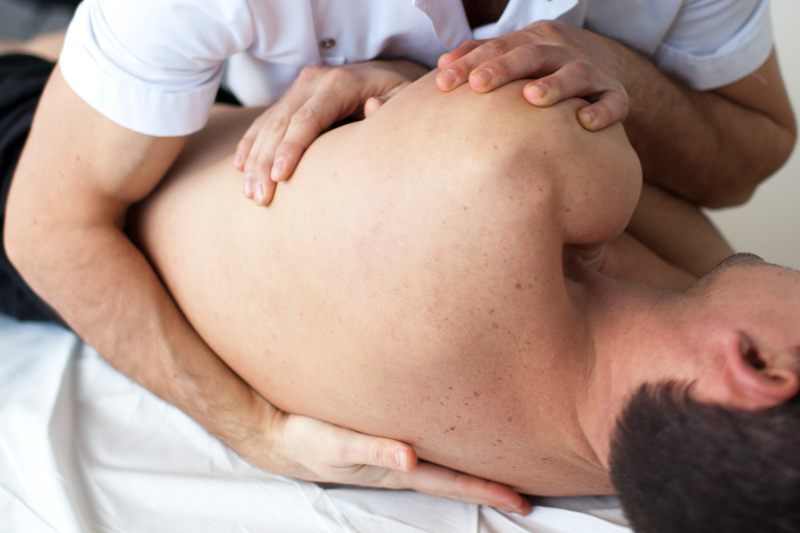The NHS has paid out just under £13 million in compensation to patients developing bed sores while in hospital over the last three years, the latest NHS Litigation Authority figures have revealed.
For 2014 alone, there were 142 cases with each one averaging £32,000. A further 358 compensation cases are currently awaiting an outcome.
Compensation for bed sores, or pressure sores, is nothing new as litigation figures in 2013 showed £16,340,099 was paid to 706 patients in the preceding 10 years, and the condition was given as a contributing factor in the deaths of 540 hospital patients and 227 care home residents in 2011 according to the Office for National Statistics (ONS).
A further 78 hospital deaths and 39 care home fatalities listed pressure sores as the main cause of death in the same year.
Bed sores are formed as a result of severe pressure being applied to the skin over a long period of time causing the skin to become very painful. Patients who are bed ridden are more likely to develop the condition, and it is on the rise particularly in the over 65 age group due to an ever-growing elderly population and reductions to the social care budget.
Since 2004, there has been a 20% decrease in the amount per head of the population spent on the over 65s while the number of people in the age group has increased by almost one fifth in the same time period.
In 2013 alone, £2,684,860 was the compensation amount given to pressure sore sufferers by the NHS according to figures obtained through the Freedom of Information Act. That marks a four-fold increase over the course of the decade.
Bed sores are a growing problem yet they are one that can be easily avoided. Medical guidelines advise bed-bound patients should be turned or moved every fifteen minutes. Elderly patients who are not in hospital but receive help in their own home are also at risk from bed sores if they are unable to wash properly and spend hours sitting in the same position. Many people in this group have seen a reduction in the amount of time care workers are spending with them leading to an increase in the problem. Further issues can arise as some elderly patients are going to Accident and Emergency departments rather than seeing their doctor.
If left untreated, pressure sores can be fatal. Severe cases have seen patients die from infections and MRSA in untreated wounds in recent years.
Several NHS trusts have reported increases in bedsore incidents in the last 12 months, with some seeing them rise as much as six times.
Elbows, knees and ankles are particularly prone to the condition.
If you or someone you know has experienced medical negligence and would like some help and advice, please see www.medicalnegligence-solicitors.com. You can also call us on 0800 999 1875 or contact us here.
